FPC (Flat Plate Collector) solar water heating systems are a popular and effective method for harnessing the sun’s energy to heat water. These systems consist of a flat plate collector, which absorbs solar radiation and transfers it to a fluid, typically water or a heat transfer fluid, to provide hot water for various applications in residential, commercial, and industrial settings. The FPC solar water heating system is an established and mature technology that has been widely adopted across the globe due to its cost-effectiveness, efficiency, and environmentally friendly nature. This summary will delve into the key components and working principles of FPC solar water heating systems, their advantages and disadvantages, application areas, and future prospects. Components and Working Principles: The FPC solar water heating system comprises several crucial components, including: 1. Flat Plate Collector (FPC): The FPC serves as the heart of the system. It consists of an absorber plate coated with a selective coating to maximize solar energy absorption and minimize heat losses. The absorber plate is enclosed in an insulated, weatherproof casing with a transparent cover (usually glass or polycarbonate) to allow sunlight to pass through while trapping the absorbed heat. 2. Storage Tank: The storage tank holds the heated water or heat transfer fluid. It is usually well-insulated to minimize heat losses and can be equipped with additional safety features such as pressure relief valves and temperature sensors. 3. Circulation System: The circulation system facilitates the movement of water or heat transfer fluid between the FPC and the storage tank. It typically consists of pipes, pumps, and control valves. 4. Backup System: In many installations, a backup system, such as an electric or gas-powered heater, is included to ensure hot water availability during periods of insufficient solar radiation. The working principle of an FPC solar water heating system is relatively straightforward. When sunlight hits the FPC’s absorber plate, the plate absorbs the solar energy and transfers it to the fluid circulating within the collector. The heated fluid then flows through the circulation system, transferring the thermal energy to the storage tank. This process continues until the desired water temperature in the tank is reached. If the temperature falls below a certain level, the backup system can be activated to maintain hot water supply.
solar water
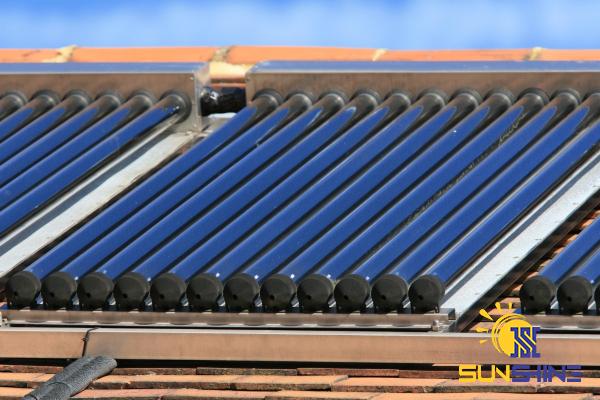 Advantages: 1. Renewable Energy Source: FPC solar water heating systems rely on sunlight, which is abundant and renewable, reducing dependence on fossil fuels. This makes them an environmentally friendly option, contributing to carbon emissions reduction and mitigating climate change. 2. Cost Savings: FPC solar water heating systems offer substantial cost savings in the long run. While the initial installation cost may be higher compared to traditional heating systems, the low operating and maintenance costs, along with potential government incentives and rebates, make them financially attractive. The energy savings realized by utilizing solar energy can significantly offset the initial investment. 3. Reliable and Efficient: FPC solar water heating systems are reliable and require minimal maintenance. They can operate efficiently even in cold climates, thanks to advancements in insulation and design. With proper installation and maintenance, these systems can deliver hot water consistently throughout the year. 4. Versatile Applications: FPC solar water heating systems find applications in various settings, ranging from residential homes and apartments to hotels, hospitals, nursing homes, laundries, and industrial processes requiring hot water. They can meet a wide range of hot water demands and can be customized to accommodate different volumes and temperature requirements. Disadvantages: 1. Weather Dependent: The efficiency of FPC solar water heating systems is weather-dependent, as they rely on sunlight for energy. During periods of low solar radiation, such as cloudy days or during winter months, the system’s performance may be compromised. This limitation necessitates a backup system to ensure a continuous supply of hot water.
Advantages: 1. Renewable Energy Source: FPC solar water heating systems rely on sunlight, which is abundant and renewable, reducing dependence on fossil fuels. This makes them an environmentally friendly option, contributing to carbon emissions reduction and mitigating climate change. 2. Cost Savings: FPC solar water heating systems offer substantial cost savings in the long run. While the initial installation cost may be higher compared to traditional heating systems, the low operating and maintenance costs, along with potential government incentives and rebates, make them financially attractive. The energy savings realized by utilizing solar energy can significantly offset the initial investment. 3. Reliable and Efficient: FPC solar water heating systems are reliable and require minimal maintenance. They can operate efficiently even in cold climates, thanks to advancements in insulation and design. With proper installation and maintenance, these systems can deliver hot water consistently throughout the year. 4. Versatile Applications: FPC solar water heating systems find applications in various settings, ranging from residential homes and apartments to hotels, hospitals, nursing homes, laundries, and industrial processes requiring hot water. They can meet a wide range of hot water demands and can be customized to accommodate different volumes and temperature requirements. Disadvantages: 1. Weather Dependent: The efficiency of FPC solar water heating systems is weather-dependent, as they rely on sunlight for energy. During periods of low solar radiation, such as cloudy days or during winter months, the system’s performance may be compromised. This limitation necessitates a backup system to ensure a continuous supply of hot water.
Specifications of solar water
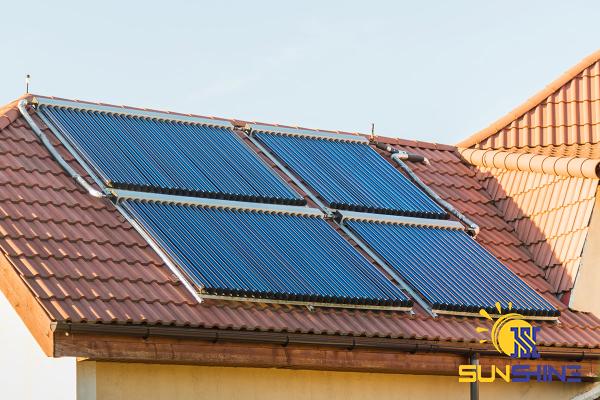 2. Initial Cost: The initial capital investment required for installing an FPC solar water heating system can be relatively high compared to traditional heating systems. However, this cost can be offset by long-term energy savings and potential financial incentives. 3. Size and Space Requirement: FPC solar water heating systems typically require a significant surface area for the installation of flat plate collectors. This can be a limitation for buildings with limited roof space or in densely populated areas. Applications: FPC solar water heating systems have versatile applications in various sectors and settings: 1. Residential: FPC solar water heating systems are commonly used in residential homes for domestic hot water requirements. They can significantly reduce energy bills and provide an environmentally friendly alternative to traditional heating systems. 2. Commercial and Institutional: Hotels, hospitals, schools, and other commercial and institutional buildings that have a high demand for hot water can benefit from FPC solar water heating systems. These systems can be designed to meet the specific requirements of these establishments and provide substantial energy savings. 3. Industrial: Industries such as food processing, textile, and chemical manufacturing often require large volumes of hot water for their processes. FPC solar water heating systems can be tailored to meet these demands cost-effectively, reducing reliance on conventional heating methods and reducing operating costs. Future Prospects: The future prospects for FPC solar water heating systems appear promising.
2. Initial Cost: The initial capital investment required for installing an FPC solar water heating system can be relatively high compared to traditional heating systems. However, this cost can be offset by long-term energy savings and potential financial incentives. 3. Size and Space Requirement: FPC solar water heating systems typically require a significant surface area for the installation of flat plate collectors. This can be a limitation for buildings with limited roof space or in densely populated areas. Applications: FPC solar water heating systems have versatile applications in various sectors and settings: 1. Residential: FPC solar water heating systems are commonly used in residential homes for domestic hot water requirements. They can significantly reduce energy bills and provide an environmentally friendly alternative to traditional heating systems. 2. Commercial and Institutional: Hotels, hospitals, schools, and other commercial and institutional buildings that have a high demand for hot water can benefit from FPC solar water heating systems. These systems can be designed to meet the specific requirements of these establishments and provide substantial energy savings. 3. Industrial: Industries such as food processing, textile, and chemical manufacturing often require large volumes of hot water for their processes. FPC solar water heating systems can be tailored to meet these demands cost-effectively, reducing reliance on conventional heating methods and reducing operating costs. Future Prospects: The future prospects for FPC solar water heating systems appear promising.
buy solar water
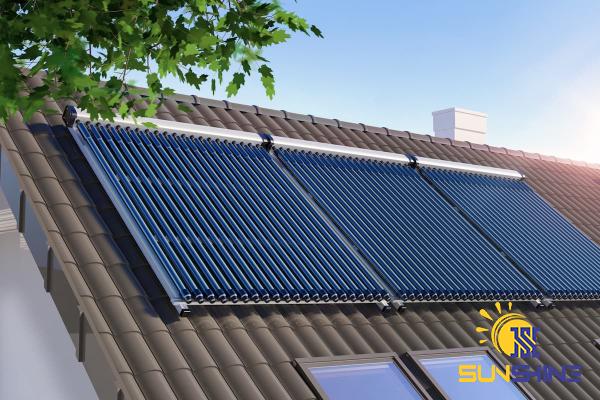 As renewable energy sources gain more prominence in the global energy mix, the demand for efficient and sustainable heating solutions is growing. FPC solar water heating systems can contribute significantly to meeting this demand, provided advancements are made in efficiency, cost reduction, and system integration. Ongoing research and development efforts are focused on improving the efficiency of flat plate collectors, optimizing the heat transfer process, and exploring new materials and designs to make these systems more cost-effective and adaptable to various climatic conditions. Integration with smart grid technologies and energy storage systems is also an area of interest, as it allows for better management of energy flow and enhances system reliability. Government incentives, subsidies, and regulations promoting renewable energy adoption further stimulate the market for FPC solar water heating systems. With continuous innovation and increased awareness about the benefits of solar energy, it is expected that FPC solar water heating systems will continue to grow in popularity and become an integral part of sustainable energy solutions for hot water requirements.
As renewable energy sources gain more prominence in the global energy mix, the demand for efficient and sustainable heating solutions is growing. FPC solar water heating systems can contribute significantly to meeting this demand, provided advancements are made in efficiency, cost reduction, and system integration. Ongoing research and development efforts are focused on improving the efficiency of flat plate collectors, optimizing the heat transfer process, and exploring new materials and designs to make these systems more cost-effective and adaptable to various climatic conditions. Integration with smart grid technologies and energy storage systems is also an area of interest, as it allows for better management of energy flow and enhances system reliability. Government incentives, subsidies, and regulations promoting renewable energy adoption further stimulate the market for FPC solar water heating systems. With continuous innovation and increased awareness about the benefits of solar energy, it is expected that FPC solar water heating systems will continue to grow in popularity and become an integral part of sustainable energy solutions for hot water requirements.
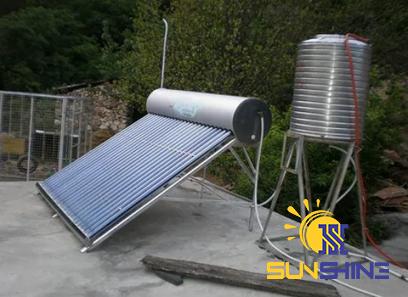
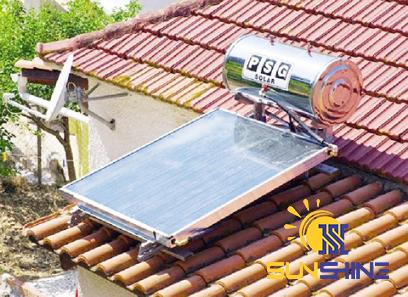
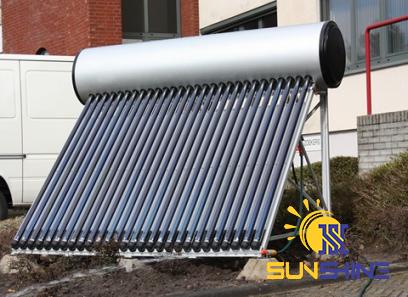
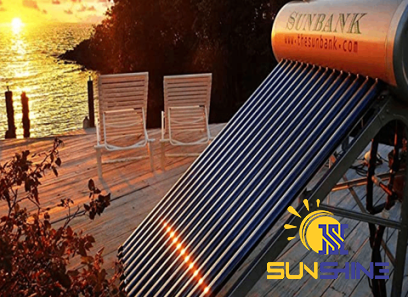
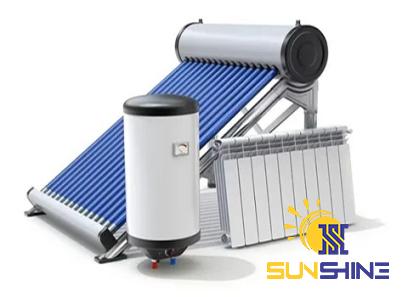
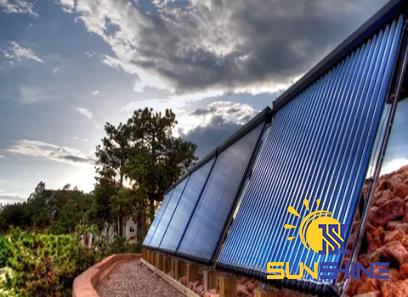
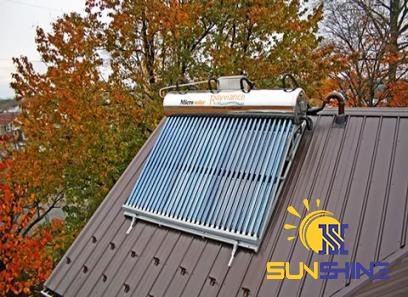
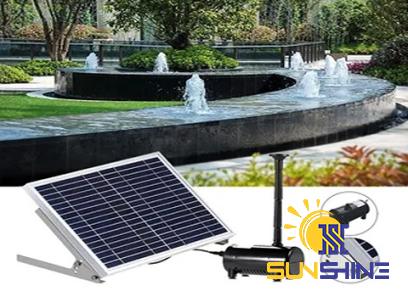
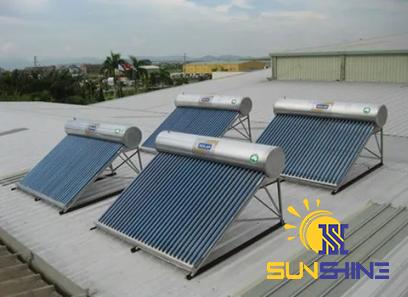
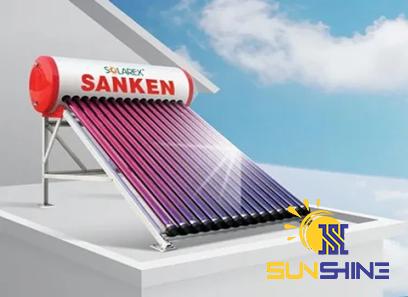
Your comment submitted.